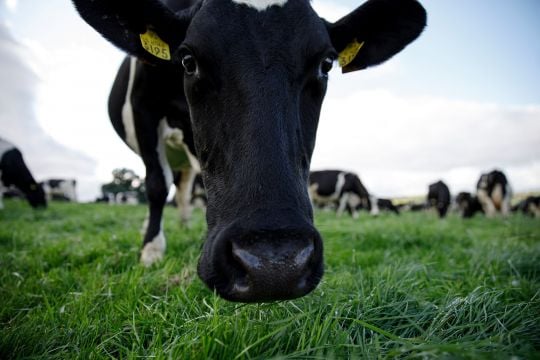Earlier this week, the Food Safety Authority of Ireland (FSAI) published updated scientific recommendations on dietary guidelines for older adults.
The report highlights that the over 65s are the fastest growing age group in Ireland and that specific nutrition considerations are key in supporting healthy ageing.
Age related declines in bone and muscle tissue are among the factors related to decreased mobility and frailty, making adequate intake of particular nutrients even more important for this age group.
Protein contributes to the maintenance of bone and muscle mass and was therefore identified as a key nutrient for this age group. The report highlights that older adults need a more protein-dense diet than the general adult population and that dairy foods provide high-quality protein.
In addition, dairy foods were recognised as being easy for frail older adults to consume.
Calcium is needed for the maintenance of normal bones and the report recognises its role for optimal bone health in older adults.
Dairy products
Dairy products were identified as the predominant source, but it is also available from fish and plant sources such as wholegrain cereals, pulses, nuts, seeds and dark green leaves.
However, the guidelines advise that calcium from plant sources is generally less bioavailable than that from animal sources.
The FSAI reports low status of folate and the related B vitamins (i.e. vitamin B12, vitamin B6 and riboflavin) commonly occurs in older adults; and is associated with a higher risk of diseases of ageing (including cardiovascular disease, cognitive dysfunction and osteoporosis).
Improved B vitamin status is associated with better health outcomes in older adults and the report identifies milk and dairy foods as an important contributor to B vitamin intake. Indeed, milk and dairy were recognised as the best provider of riboflavin.
The National Dairy Council welcomed the new scientific guidelines for older adults.
Nutrition Manager, Dr Marianne Walsh said that the recommendations highlight the important role that dairy can play in contributing to the intake of several key nutrients.
She said that milk, yogurt and cheese offer a convenient and affordable source of nutrition, with three servings recommended daily.
An example of a serving is 200ml of milk, 125g of yogurt or 25g of cheese.
“Currently over 70 per cent of older adults are falling short of the recommended three servings a day, but these new guidelines help to shine a light on the nutritional value of dairy, which will hopefully encourage greater uptake of this important food group.”







